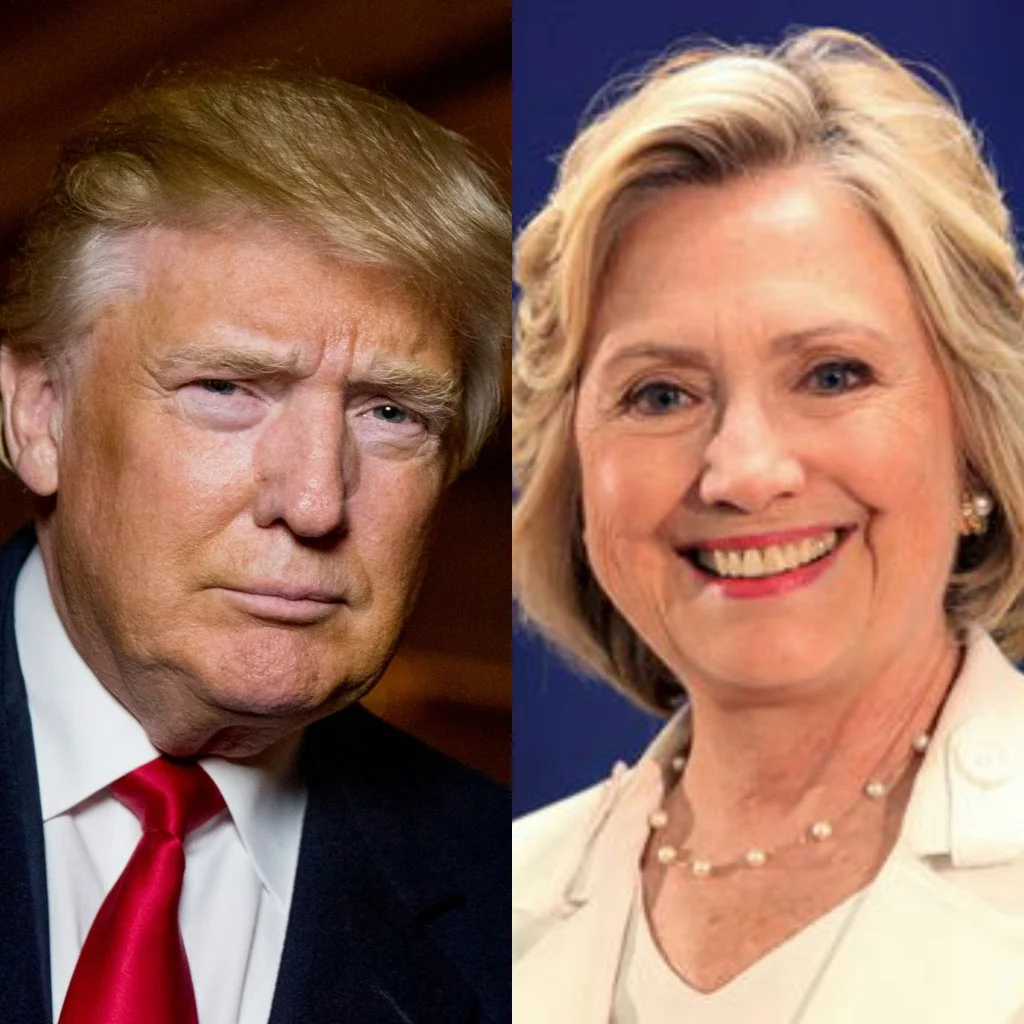Superpowers of DNC Super Delegates
Before the November 8th General Election, first a nominee needs to be selected to represent each party at the top of the ticket. July 18, 2016, a Republican nominee will be selected at the Republican National Convention in Cleveland. One week later, a Democratic nominee will be selected at the Democratic National Convention in Philadelphia. However, if a candidate can secure enough delegates before the Convention, it’s possible that candidate will become the nominee before having to endure a long grueling fight.
Arguments are being made on both sides as to which candidate is projected to receive the most votes from delegates after Super Tuesday. Super Tuesday has the most states simultaneously up for grabs — 12 in total — than any other day in the nomination process. Thus, Super Tuesday may determine the future of all candidates seeking the office of the presidency. Historically this has been the primary indicator for selecting the Democratic and Republican nominee. The creation of “Super Delegates” for the Democratic Party resulted from the political backlash of George McGovern in 1972 and Jimmy Carter in 1976.
Historical moment for the party: former Senator McGovern was selected as the Democratic nominee and lost in the general election to Richard Nixon. However, due to a controversial, scandal-laden Nixon administration, Jimmy Carter won the 1976 presidential election. The Democratic Party experienced a political setback during Carter’s reelection attempt in 1980. President Carter faced opposition from members of his own party, particularly the late Sen. Ted Kennedy. When Carter was not reelected in 1980, the Regan era began.
The party wanted to influence the process to ensure the selection of an electable candidate. Due to the debacle of the 1980 Democratic Convention, party leaders created the Hunt Commission. Governor James Hunt of North Carolina chaired this commission, which adopted the Super Delegates policy for selecting nominees.
According to the Republican National Committee, 2,472 delegates are expected to attend the national convention, but a candidate must secure at least 1,237 delegate votes to win the nomination. Whereas 4,765 delegates are expected to attend the Democratic National Convention and a minimum of 2,383 votes are needed to secure the nomination. Each party to select the nominee uses two different nominating systems.
In the Democratic nominating process, the nominee is chosen by pledged and unpledged delegates. The numbers of votes received from pledged delegates are determined from the state primary or caucus. If a candidate receives at minimum 15 percent of the votes cast in the state primary or caucus then a candidate receives a portion of the pledged delegates.
There are three types of pledged delegates: district delegates, at-large delegates, and “add-on” delegates. Unpledged delegates commonly known as “Super Delegates” are not bound to any particular candidate and can change their vote at any time. There are 712 known Super Delegates. The Super Delegates consist of state and local elected Democratic officials, Democratic Members of Congress, members of the Democratic National Committee and elite members of the party (i.e. former presidents and vice presidents).
A Super Delegate could vow her support to one candidate and later use her discretion to vote at the convention for a different candidate. Super delegates typically tend to vote for candidates that are deemed to be the most “electable” and promote the values of the party’s platform.
Today — Super Tuesday
Republicans: 661 delegates to be allocated
Democrats: 865 delegates to be allocated
The following states will hold votes for both parties: Alabama, Arkansas, Georgia, Massachusetts, Minnesota, Oklahoma, Tennessee, Texas, Vermont and Virginia; while American Samoa will only caucus for Democratic Party and the state of Alaska will only caucus for the Republican Party. Colorado will allow both parties to caucus, but only the Democrats will choose a candidate. The weight of the Republican vote in Colorado has no bearing on the party’s candidate selection since the delegates from this state chose their nominee at the convention.
Many today can relate when the topic of “establishment” candidates is discussed because the selection of a nominee is not merely in the hands of voters through grassroots efforts. Instead, Super Delegates that have no allegiance to the voters can decide the nominee. One can only hope that Super Delegates act in the best interest of the people and take into consideration the temperament and issues of most concern to the voters before selecting their nominee.
























